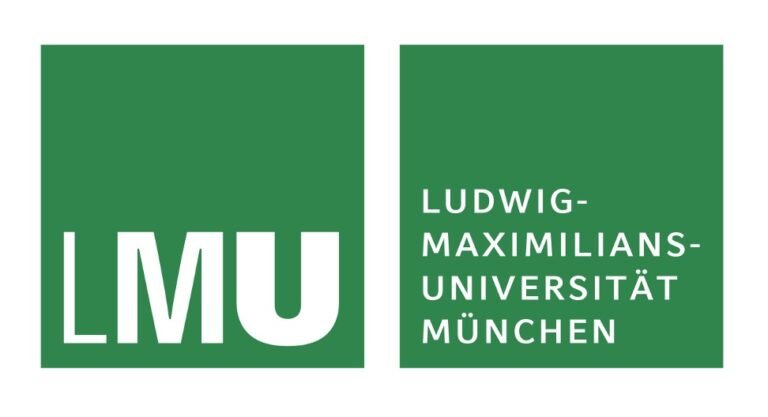How do charge and mass transport affect the effectiveness of advanced materials for the energy transition? Using microfabrication technology, you will fabricate model systems to study fundamental aspects of electrochemical processes under nanoscale confinement and explore novel concept to enhance them. Join our multidisciplinary team spanning two departments at the University of Twente for a cutting-edge research project!
Modern energy applications, including batteries, supercapacitors, fuel cells and electrolyzers, usually rely on nanoporous, disordered materials through which molecules and ions must travel. This nanoconfinement induces a plethora of couplings between charge and fluid transport, in no small part due to the inherently high surface-to-volume ratio inherent to such structures. Disentangling these effects in realistic materials represents a formidable challenge which has so far remained largely unmet.
Using the excellent microfabrication facilities of the MESA+ Institute’s Nanolab, you will construct artificial nanofluidic systems to isolate, probe and manipulate new phenomena and behaviors under confinement. This includes for example electrochemical self-induced convection, an effect recently explored in our labs; creating positive feedback between electrocatalysis and ionics to improve performance; and harnessing gas evolution to enhance the transport of a reagent to a catalyst.
Join a multidisciplinary team attempting to unravel the fundamental principles underpinning the energy transition. The BioElectronics and Physics of Complex Fluids groups have extensive experience in nanoscale electrochemistry, charge and mass transport, and nanoscale probing This project is further embedded in the Advanced Nano-Electrochemistry Institute Of The Netherlands (ANION), a major Gravitation program bringing together the expertise of the top researchers in the field nationwide.
Your profile
* You have, or will shortly acquire a master degree in physics, physical chemistry or closely related disciplines.
* You are an excellent experimentalist with an interest in microfabrication.
* You also have aptitudes for theory and modelling.
* You are an enthusiastic and highly motivated.
* You have a creative mindset and excellent analytical and communication skills.
* You have a good team spirit and like to work in an interdisciplinary and internationally oriented environment.
Our offer
* A full-time position for four years, with a qualifier in the first year, and the flexibility to work (partially) from home.
* Your salary and associated conditions are in accordance with the collective labour agreement for Dutch universities (CAO-NU).
* You will receive a gross monthly salary ranging from € 2.872,- (first year) to € 3.670,- (fourth year)
* There are excellent benefits including a holiday allowance of 8% of the gross annual salary, an end-of-year bonus of 8.3%, and a solid pension scheme.
* A minimum of 232 leave hours in case of full-time employment based on a formal workweek of 38 hours.
* A full-time employment in practice means 40 hours a week, therefore resulting in 96 extra leave hours on an annual basis.
* A family-friendly institution that offers parental leave (both paid and unpaid).
* You will have a training programme as part of the Twente Graduate School where you and your supervisors will determine a plan for a suitable education and supervision.
Information and application
Are you interested in this position? Please send your application via the ‘Apply now’ button below before January 19, 2025 and should include:
* A cover letter (maximum 2 pages A4), emphasizing your specific interest, qualifications, motivations to apply for this position.
* A Curriculum Vitae, including a list of all courses attended and grades obtained, and, if applicable, a list of publications.
* The names, affiliations and email addresses of three references.
* An IELTS-test, Internet TOEFL test (TOEFL-iBT), or a Cambridge CAE-C (CPE). Applicants with a non-Dutch qualification and who have not had secondary and tertiary education in English can only be admitted with an IELTS-test showing a total band score of at least 6.5, internet. TOEFL test (TOEFL-iBT) showing a score of at least 90, or a Cambridge CAE-C (CPE).
We will review candidates until the position is filled.
For more information regarding this position, you are welcome to contact Prof. Serge Lemay (s.g.lemay@utwente.nl) or Prof. Frieder Mugele (f.mugele@utwente.nl).




